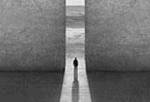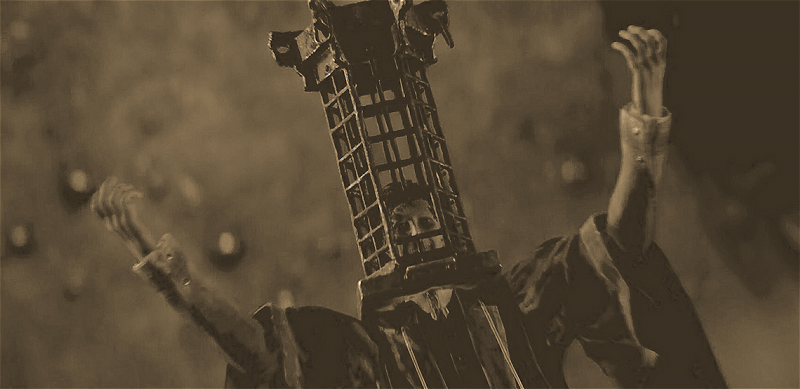“The only way…
to view the truth of life, Kotomichi…
is to stand apart from it,
to see…
the consequence of every thought,
every action.
But still…
we are bound by time and space,
unable to steer our destiny.”
A relatively non-spoilery quote from “The Man in the High Castle”, the TV series. I’ve finished the book itself a couple of months ago, while currently I’m trying to finish the mammoth of a book that is “Parallel Stories” by Peter Nadas, hopefully within this year.
Now that quote gives the perspective. Usually abstract-talking is more about evoking a mood, to seize a general feel about an idea, that in the end is either trite or whimsical. But that quote not only is precise and spot-on, but it also resonates with the series itself, and so lifting it even higher.
I’m not going to write about my impressions on the series, but I’ll say that I didn’t know there was a series when I read the book, and now I’m surprised to hear it’s getting a second season. The problem is that it ends up in a too tricky spot, and while it managed to stay almost faithful to the book, respecting it, a second season undermines it all. It’s walking a very fine line.
But until this point it sort-of complements the book, without directly belonging to the same space.
“The consequence of every thought, every action” is a good definition of determinism. “Bound by time and space” is a good definition of a life. “The truth of life” is the truth of that dichotomy, the impossibility of true return. Of crossing the barrier that divides the two.
The TV series did a great job putting good characters on the stage, so it did a good job showing people and circumstances. It created a good “story”, where story means linking events in a way that makes sense, showing what’s needed: empathy with characters, without taking sides. The book instead showed pieces of a fictional reality that was held up, hooked to an authoritative system of truth. A greater truth, that you could glimpse, if not belong to. It was about fiction becoming self-aware. Which again is a manifestation of the truth.
But the TV series, with the jump from what it did, and over to what it will try, violates the rules. You cannot simply change one thing in the course of determinism in order to explore alternatives, as if in a multiverse. Because that one element is still produced by what comes before it, you cannot extrapolate in a very convenient way. We are “unable to steer our destiny” because, from the system, we are witnesses, not actors.



